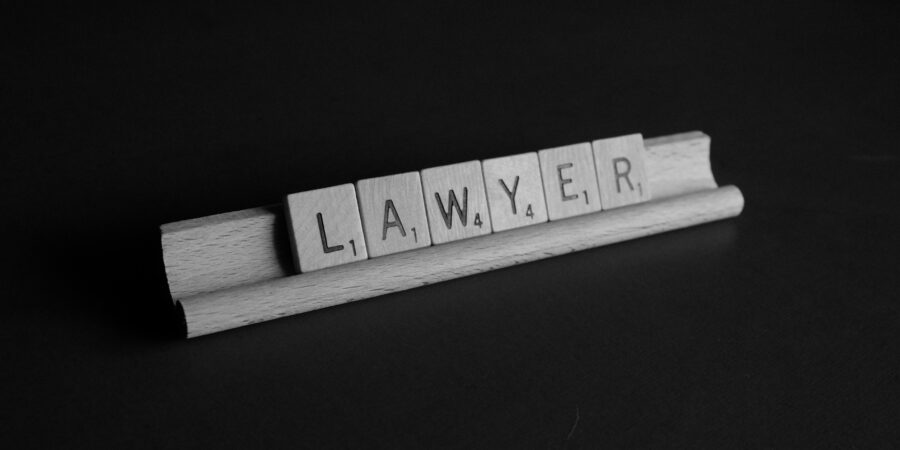Have you been asked to be a Power of Attorney? Do you foresee a situation in your family that may require one? Power of Attorney is a legal document that allows an individual to act as the authority and make decisions on behalf of another person. Let’s look at the various types and benefits of a Power of Attorney.
Why Use a POA
In general, a Power of Attorney is established by assigning a trusted person to make healthcare decisions, sign legal documents or perform financial transactions for an individual that can no longer do so for one reason or another. Typically, a POA is appointed as a person begins to show signs of difficulty in handling financial transactions, understanding healthcare needs or performing legal obligations, often as they advance in age. However, any person, regardless of age, may choose to assign a Power of Attorney. For example, a person in the military who is being deployed overseas for a period of time may choose to create a POA as a safeguard.
Types of Powers of Attorney
A durable Power of Attorney is one of the most common types and provides the appointee full control and decision-making power on behalf of the individual. The POA is effective upon signing or once the person becomes disabled or mentally incompetent (as defined in the document) and ends upon death of the assignor. This allows an individual or family to plan for the possibility of incapacitation due to illness or injury.
Limited or Special POAs are also available and commonly used to grant authority for a specific act, timeframe or purpose, such as buying or selling property, performing a financial transaction or supervising medical care for children while a parent or guardian is away.
A Medical Power of Attorney provides authority to make healthcare related decisions on the patient’s behalf should the person become disabled or lose the ability to make such decisions on their own. This type of POA is quite often used in a hospice setting.
Creating a POA
Once the need is determined and a person is chosen as the POA, the required legal document must be created, signed and in most cases, notarized. The designated POA must be over 18 and fully competent to execute the duties. For additional peace of mind and to ensure the POA is valid and enforceable, it’s recommended to contact a qualified estate planning attorney.
If you are considering a Power of Attorney or have questions on the types and details, contact our office for a consultation.


